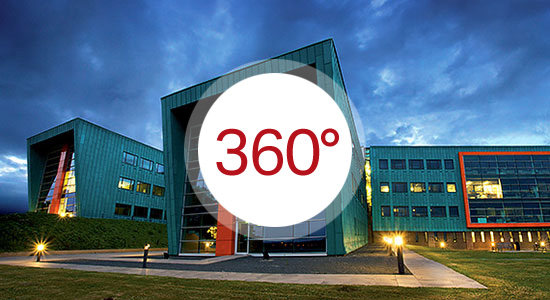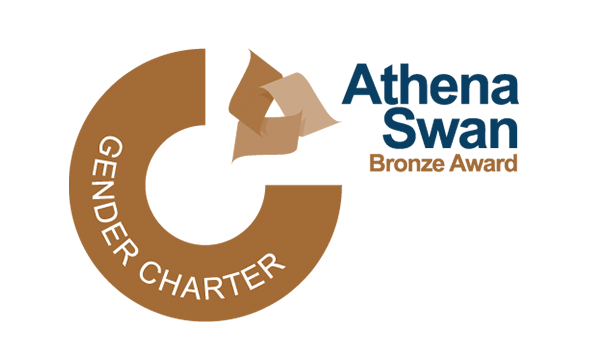School of Computing & Communications
The School of Computing & Communications (SCC), based in the iconic InfoLab21 facility, is an international centre of excellence in research and teaching. Our research is recognised for its exceptional quality and international reputation and is supported by RCUK, EU and industry funding. As a result, our work crosscuts traditional research fields, is strongly multidisciplinary and focuses on achieving high impact. We have contributed substantially to a wide range of application domains including energy, transport, cyber-crime and social computing, and achieving impact is facilitated by our Knowledge Business Centre (KBC), the School's integrated business services.
The school is currently home to over 50 academic staff, 40 postdoctoral research staff, 120 PhD students and 500 undergraduate and taught Master's students. Our research is recognised for its exceptional quality and international reputation. The UK Research Excellence Framework (REF) 2021 rated us 14th for research power, with 94% of our research being rated world-leading or internationally excellent. International Review of UK Computer Science cited us as one of only a handful of centres undertaking “leading edge systems research”.
Essential to our ethos is collaboration and cross-disciplinary research, as evidenced by our current EPSRC portfolio of over £20m in research funding, and our leadership in cross-disciplinary institutes of Security Lancaster, Data Science (DSI), Material Science (MSI), Social Futures (ISF), along with substantial investment in digital health and the University’s new £41m Health Innovation Campus extension, which has created a world-class centre of excellence for innovation and research in health.


_1.jpg)




